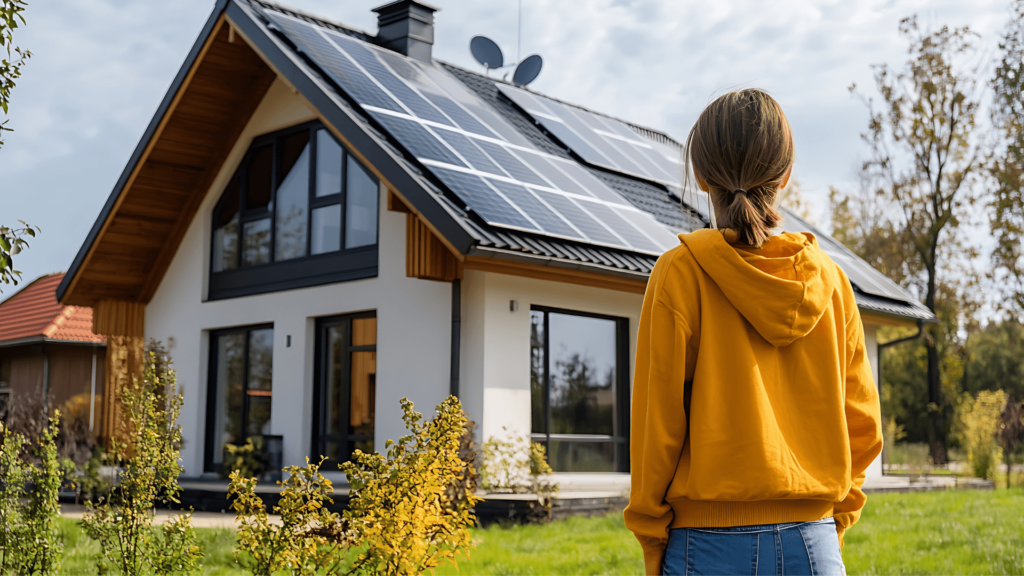Mapping the future of energy sharing: a mission to enable energy communities
Highlights from the online debate: Mapping Legal and Regulatory Framework for P2P energy sharing platforms
As Europe moves towards more decentralised and citizen-led energy systems, understanding how national and EU laws support energy sharing is becoming increasingly important. The U2Demo project recently hosted a webinar on “Mapping Legal and Regulatory Frameworks for Peer-to-Peer (P2P) Energy Sharing”, exploring how EU legislation and its national transpositions are evolving to enable community-driven energy exchange.
Watch the recording:
The webinar highlighted U2Demo’s mission: to develop open-source tools that empower communities across Europe to share and trade renewable energy in compliance with national and EU regulations.
Legal differences across member states pose challenges for interoperable platforms, making regulatory mapping a critical first step. The project is piloting its tools in four countries—Portugal, Italy, Belgium, and the Netherlands—to reflect Europe’s regulatory diversity and test solutions under real-world conditions.
Comparing Legal Frameworks Across Europe
A key focus of the session was Deliverable 1.1, a comparative study mapping how different EU member states regulate energy sharing and P2P trading. Countries vary in terms of eligibility for participation, ownership of energy assets, governance structures, and the role of an “energy sharing organiser” responsible for billing, data handling, and coordination with distribution system operators (DSOs). Portugal allows broad participation for both Renewable and Citizen Energy Communities, while Belgium restricts energy sharing to non-priced exchanges. Italy and the Netherlands offer hybrid models, with flexibility in asset ownership and operational rules. Despite these differences, all countries rely on DSOs for metering, calculation, and settlement, while billing mechanisms range from subsidies to bill adjustments.
Prof. Lucila de Almeida from the European University Institute, Florence School of Regulation, who led the comparative legal mapping, summarized the importance of understanding these frameworks: “Energy sharing is not just a technical exercise—it’s a legal relationship among citizens, regulated entities, and data systems.” This framing underscores why regulatory clarity is essential for scaling community energy initiatives across Europe.
The webinar also examined P2P trading, defined as direct energy sales between participants under private contracts. While national implementations differ, all countries recognize P2P trading as a stand-alone activity that complements energy sharing within communities. Panelists noted that clear contracts, technical interoperability, and alignment with local rules are key to ensuring that these models work efficiently and fairly.
During the policy debate, Tadhg O’Briain from the European Commission’s DG Energy emphasized that successful energy sharing depends on digitalization and interoperable systems. He stated, “Clear rules, interoperability, and consumer protection are essential if we want local energy markets to scale fairly and effectively.”
Other stakeholders highlighted the potential of energy sharing to optimize grids, empower citizens, and foster a sustainable transition while cautioning that decentralization must remain democratic and inclusive.
Concluding Insights
For policymakers, community energy actors, and energy innovators, the webinar offered a rare opportunity to explore the intersection of law, technology, and citizen empowerment. Participants gained practical insights into the regulatory barriers and opportunities shaping Europe’s energy landscape and how U2Demo’s open-source platform aims to bridge these gaps.
Stay updated at the U2demo website for upcoming publications, including the complete legal mapping report and the open-source tools designed to make energy sharing and P2P trading accessible across Europe.






